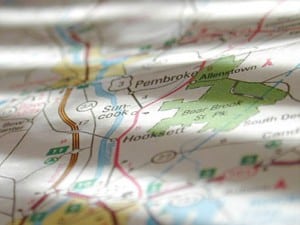 Have you ever heard the quote, “If you don’t know where you’re going any road will get you there..?” If business planning is not part of routine you’re living this quote every day.
Have you ever heard the quote, “If you don’t know where you’re going any road will get you there..?” If business planning is not part of routine you’re living this quote every day.
That being said, it amazes me how many business owners don’t do any business planning. For many that have a business plan it is because they had to write one for their banker. Let me say this, most bankers don’t know how to write a high impact business plan, but they love when they see one!
Bankers are interested in the numbers. What they really want is a budget or a pro forma. But, as a business owners, what’s even more important than the numbers is what you have to do to make those numbers happen!
Most small businesses don’t need all the detail of a formal financing business plan anyway! So, what should be in part of your business planning? Before I tell you that, let’s make sure you understand why you need to do business planning in the first place.
A business plan is your “road map”. It states where you are heading and how you plan to get their. You use it as a measuring stick to gauge how well you are progressing toward your destination. So, a business plan is a tool to help you navigate and manage your business.
A Business Plan Should Have 3 Different Parts:
- Your vision and goals (where you are trying go and why)
- Your tactical plan (what you will do, who will do it, and when it will be done)
- Your budget (how much you plan to spend to accomplish your tactical plan)
Pretty simple huh? That’s the way it’s supposed to be. I believe business owners frequently don’t take the time to do business planning because the ones they’ve seen are too complicated and don’t really help them day-to-day! If it’s too complex nobody reads it and nobody certainly follows it. I recommend to my clients their business plan be no more than 2–3 pages. This business planning approach provides much greater value and impact. That’s why we call our approach high impact business planning.
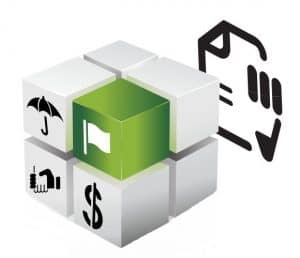 A high impact business plan begins with the owner’s vision. Where you ultimately want to end up at the end of this journey? Then you define the high-level goal and objectives that must be achieve in the next 12 months to begin realizing the vision. This takes care of the “what and why” of your business planning. In an article I wrote many years ago, Creating Your Business Plan Made Easy! I outlined how to define your “What and Why” before you begin. This is the most critical step in the process as it creates the foundation for all of your business planning.
A high impact business plan begins with the owner’s vision. Where you ultimately want to end up at the end of this journey? Then you define the high-level goal and objectives that must be achieve in the next 12 months to begin realizing the vision. This takes care of the “what and why” of your business planning. In an article I wrote many years ago, Creating Your Business Plan Made Easy! I outlined how to define your “What and Why” before you begin. This is the most critical step in the process as it creates the foundation for all of your business planning.
Next, assign each objective to the proper business function(s) to be achieved. This takes care of the “who” will do “what.” Mangers for each function then determine how they plan to go about achieving their assigned objectives for the year which provides the “what will be done when” aspect of the plan. If you don’t have managers, you need to complete this part of the process yourself.
Finally, each manager looks at what financial resources they need to support that which they outlined in their plan. Roll all these dollars together from all the function or department budgets and finally your plan actually makes sense.
Run Your Business Like a Project
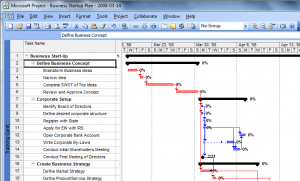 If you have planned and managed a project before this process may seem familiar to you. It should. A business plan is a 12 month project with the specific goal of running a business. It has a goal and timeframe like a project. You use resources to achieve the goal – running a business.
If you have planned and managed a project before this process may seem familiar to you. It should. A business plan is a 12 month project with the specific goal of running a business. It has a goal and timeframe like a project. You use resources to achieve the goal – running a business.
You don’t need to wait until end of the year to assess what you’ve accomplished and begin thinking about what to do next. Have you completed business planning for your business? What do you want to achieve next and why?
 These are a lot of questions to leave to chance in your head. Make sure you have a business plan to communicate it to everyone that is trying to help you. Don’t over complicate it though. Define your vision and goals. Breakdown the objectives and assign them function by function. Then figure out how much money you’ll need to achieve your goal.
These are a lot of questions to leave to chance in your head. Make sure you have a business plan to communicate it to everyone that is trying to help you. Don’t over complicate it though. Define your vision and goals. Breakdown the objectives and assign them function by function. Then figure out how much money you’ll need to achieve your goal.
What have been your experiences with business planning? Have the process helped or hurt? And why do you feel that they have helped or hurt you? Share your thoughts as they will help others along their journey.
 If you’d like more information about our business planning process and services visit our DE, Inc. website. You can get time with a consultant to help you determine the best way for you to get your high impact business planning started.
If you’d like more information about our business planning process and services visit our DE, Inc. website. You can get time with a consultant to help you determine the best way for you to get your high impact business planning started.
Copyright ©2015, 2010 Dino Eliadis

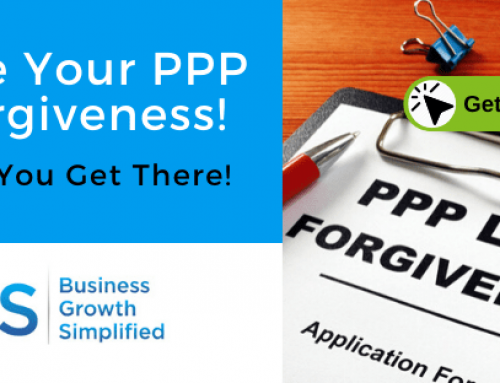

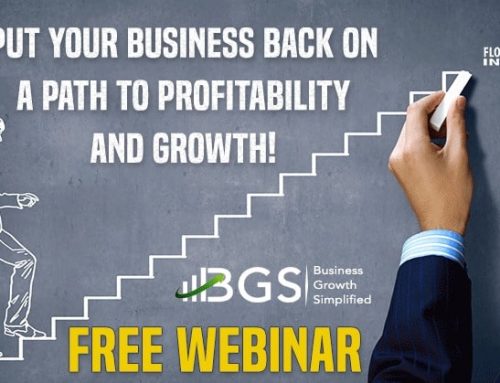
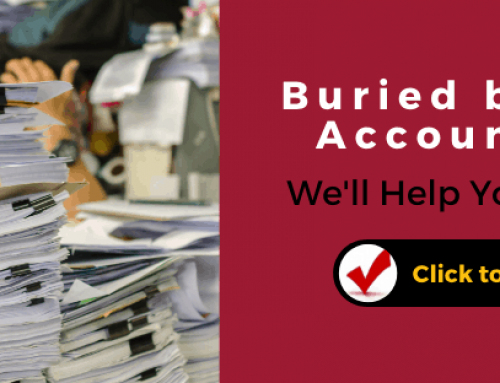
[…] are too complicated or they haven’t found one that works. Here is a good article that introduces a practical business plan that will provide high impact to your small business […]
[…] a budget, you probably don’t have a business plan—another tool that helps you grow your business. Budgeting is part of business planning. I hear […]